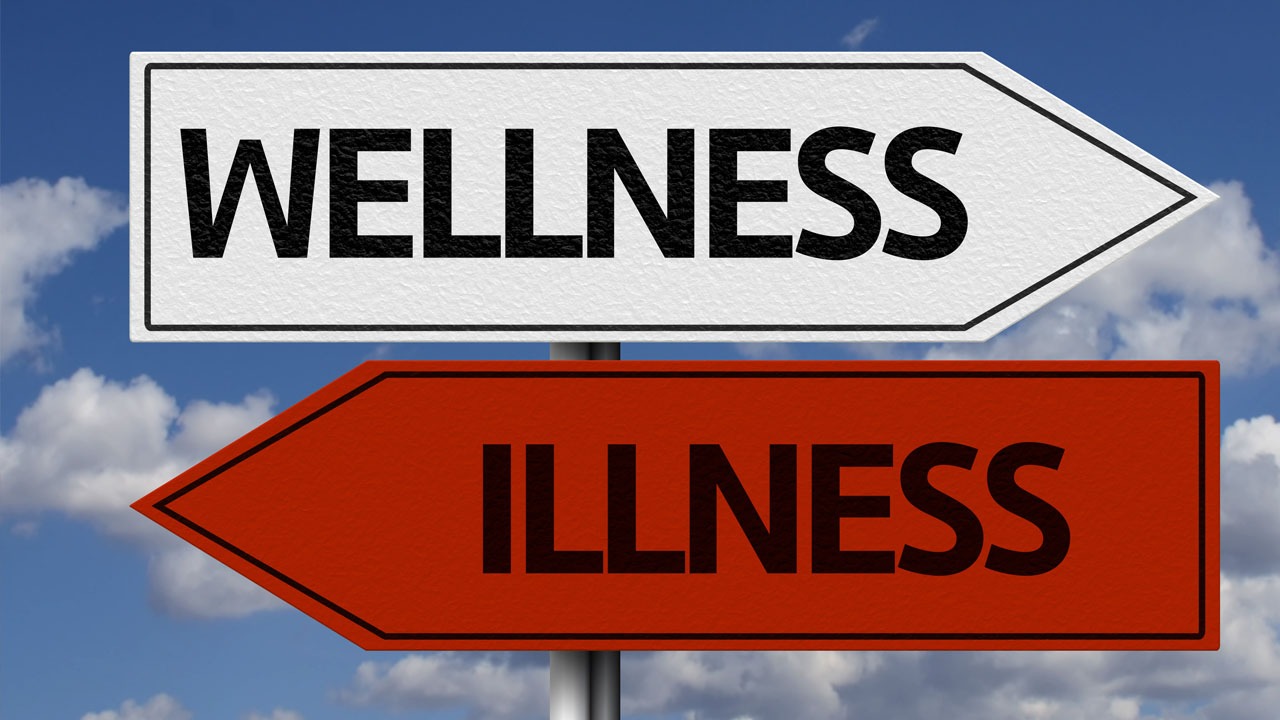
The Digital Detox: A Journey to Freedom
In our rapidly evolving tech-centric world, the feeling of being overwhelmed by digital distractions is becoming all too common. Many of us are trapped in a cycle of incessant notifications, endless scrolling, and the anxiety that comes from a reliance on our devices. However, as Kerry Crofton and digital wellness expert Dr. Michael Rich suggest, achieving a sense of balance is not only possible but essential for our mental health.
The Call for Mindfulness in a Digital Age
Mindfulness provides a pathway to reclaim our attention and prioritize our well-being. During a recent digital detox retreat, participants, including myself, discovered how transformative it can be to disconnect from devices and engage with nature. As we engage with our surroundings, whether in a serene forest or a lively park, we can foster deeper connections with ourselves and those around us. This step back allows us to confront the pressures technology places on us and instead, choose to immerse ourselves back into the present moment. Dr. Rich emphasizes that for those already practicing mindfulness, this transition might feel more accessible.
Understanding Tech Overload
Our addiction to technology isn't just a nuisance; it presents real challenges to our mental and physical health. Studies indicate that excessive screen time is linked to anxiety, depression, and sleep disturbances. Recognizing that our mental well-being may be at stake can inspire us to make conscious choices about our tech usage. Dr. Rich recommends setting boundaries around screen time and scheduling regular breaks to allow our minds and bodies the opportunity to recharge.
The Power of Connection
When I reflected on my experience at Camp Grounded, I recalled the joy shared among fellow campers—largely devoid of devices. The laughter, songs, and connection felt authentic and fulfilling compared to interactions often mediated by screens. In a world where we communicate through texts and posts, it's vital to restore those face-to-face moments, which nourish our ability to engage meaningfully with others. Building these authentic relationships can provide profound support in managing tech overload.
Creative Alternatives to Screen Time
Sometimes, replacing screen time with creative pursuits can rekindle our enthusiasm for life. Why not explore art, music, writing, or outdoor activities that excite you? Consider journaling or engaging in a community project where you can collaborate with others. Not only do these alternatives reduce our reliance on technology, but they also foster an enriching environment for mental health and social bonding.
Future Trends: The Evolution of Digital Wellness
As we look to the future, the importance of finding harmony with technology will only grow. Innovations in wellness apps and programs that promote healthy tech habits are emerging, making it easier for individuals to take control of their device usage. Embracing digital wellness now establishes a healthier relationship with technology, ensuring we do not allow it to dominate our lives or well-being.
Steps Forward: Implementing Mindful Tech Use
To achieve a balanced lifestyle, start with small, manageable changes. You might set “no-device” zones or times during meals and family gatherings, implementing weekly tech-free days. Prioritize activities that spark joy, promote mindfulness, and enhance your well-being. The aim is to integrate technology in a way that enriches our lives without overwhelming them.
Your Journey Awaits: Take Action Against Tech Overwhelm
The journey towards overcoming tech overload begins with conscious choices. As we move forward, let us embrace the opportunities to connect, reflect, and rejuvenate in the presence of nature and personal relationships. Sometimes the greatest remedies lie in simply stepping outside and engaging with the world around us.
 Add Row
Add Row  Add
Add 




 Add Row
Add Row  Add
Add 

Write A Comment